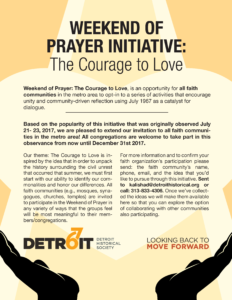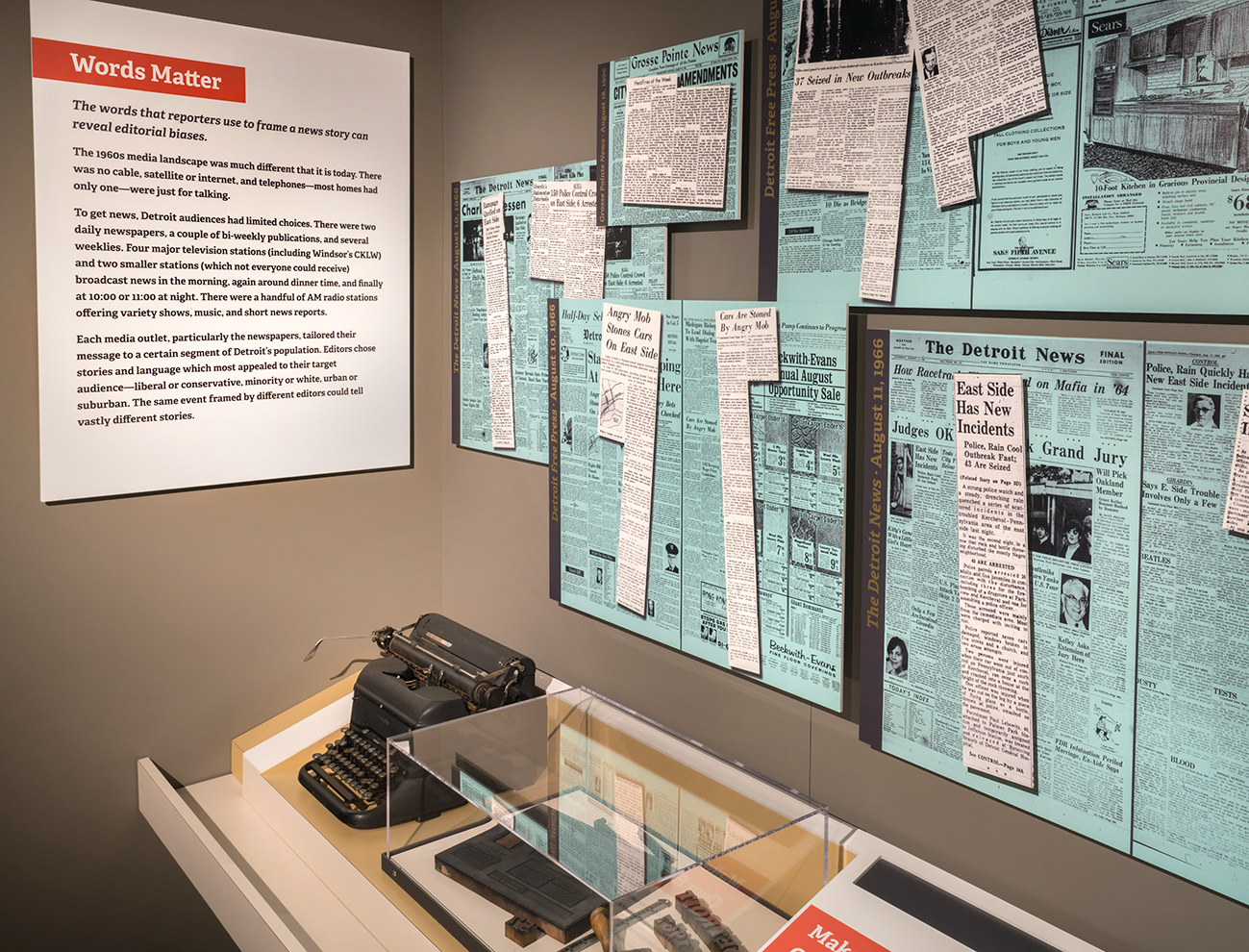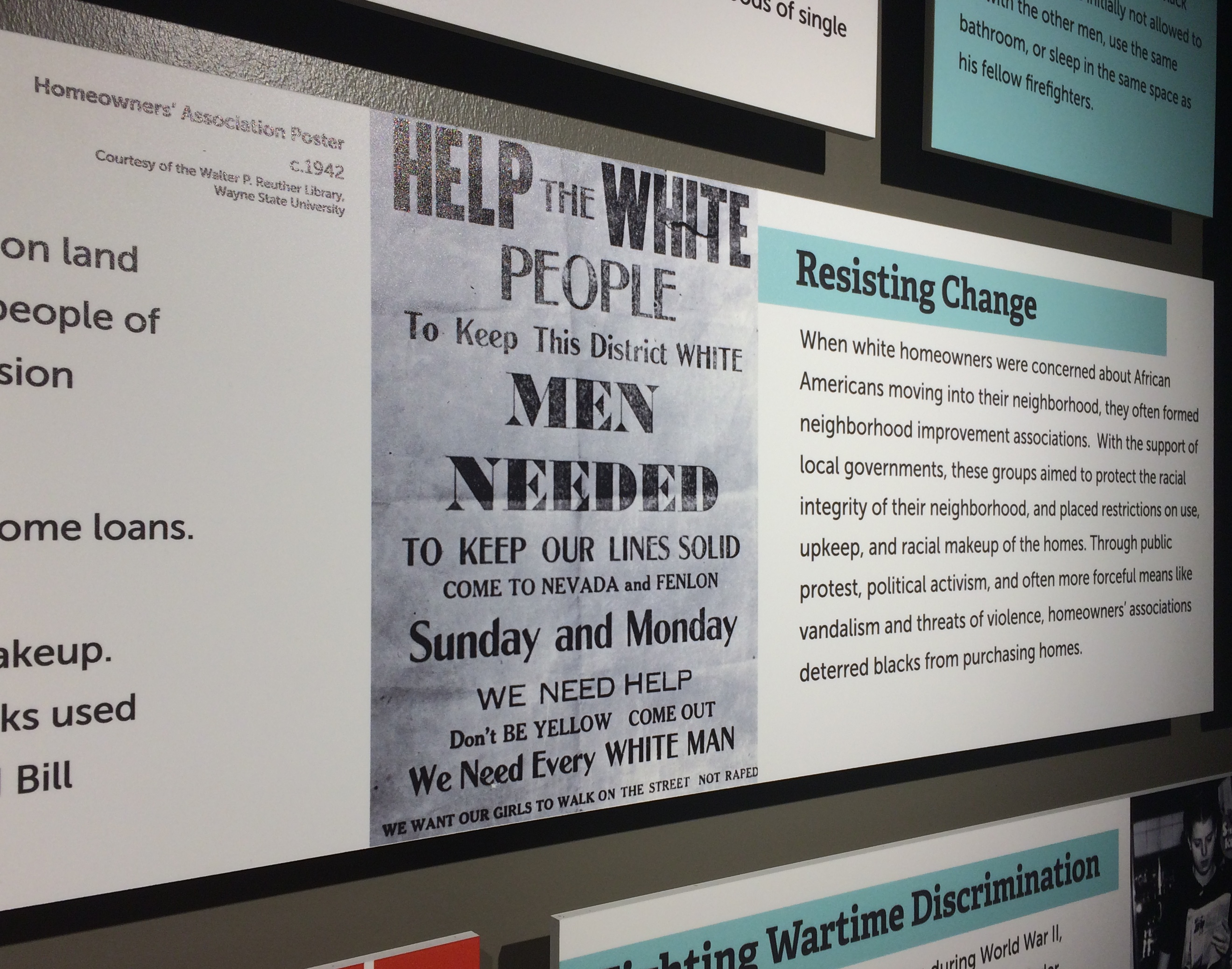WEEKEND OF PRAYER
The Courage to Love

Weekend of Prayer: The Courage to Love is an opportunity for all faith communities in the metro area to opt-in to a series of activities that encourage unity and community-driven reflection using July 1967 as a catalyst for dialogue. Based on the popularity of this initiative that was originally observed July 21- 23, 2017, we are pleased to extend our invitation to all faith communities in the metro area! All congregations are welcome to take part in this observance from now until December 31st 2017. Our theme: The Courage to Love is inspired by the idea that in order to unpack the history surrounding the civil unrest that occurred that summer, we must first start with our ability to identify our commonalities and honor our differences. All faith communities (e.g., mosques, synagogues, churches, temples) are invited to participate in the Weekend of Prayer in any variety of ways that the groups feel will be most meaningful to their members/congregations.To confirm a faith organization’s participation you would need: their name, phone, email, and the idea that they’d like to pursue through this initiative. Sent to [email protected] or by phone: 313-833-4306. Once we’ve collected the ideas we will make them available here so that you can explore the option of collaborating with other communities also participating.
Participating Congregations
Cathedral Church of St. Paul
Detroit, MI
Christ Church Cranbrook
Bloomfield Hills, MI
Grace Episcopal Church
Detroit, MI
Grace Episcopal Church
Mt. Clemens, MI
Isaac Agree Downtown Synagogue
Detroit, MI
Mariner’s Church of Detroit
Detroit, MI
Plymouth United Church of Christ
Detroit, MI
Rochester Church of Christ
Rochester Hills, MI
Spirit of Grace, a Lutheran-Episcopal Community
West Bloomfield, MI
St. David’s Episcopal Church
Southfield, MI
St. Matthews & St. Joseph Episcopal Church
Detroit, MI
St. Patrick’s Episcopal Church
Madison Heights, MI
St. Stephen’s Episcopal Church
Troy, MI
Unity Prayer
Contributed by Pastor Bill Danaher
Christ Church Cranbrook
Loving God, You alone can give the justice and peace we desire.
You alone can reconcile our past, present, and future.
You alone can give us the grace to walk by faith and to speak the truth with love.
As we remember July 1967, help us build a better July 2017 in our cities and suburbs.
Help us to remember the past faithfully, So that we can live fully in the present and prepare for your future.
Give us your courage and compassion so that we might bear witness to you.
Give us your wisdom and understanding so that we might walk together.
Give us your love, which embraces all and turns no one away.
These things we ask so the world can see and know
that those who were being cast down are being raised up,
that things which had grown old are being made new,
and that your whole creation is being brought to perfection,
by same God who said, “Let there be Light!”
Amen.



